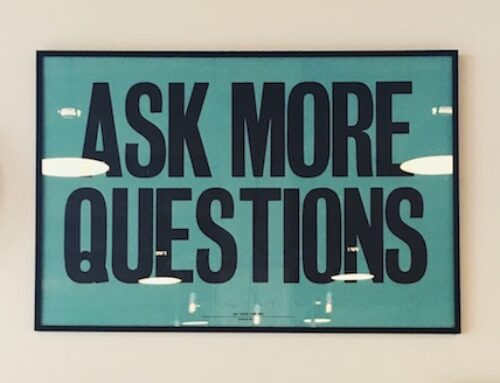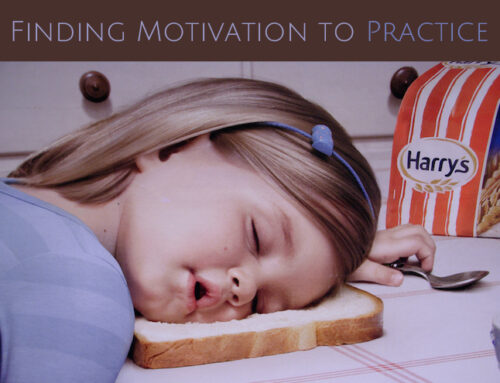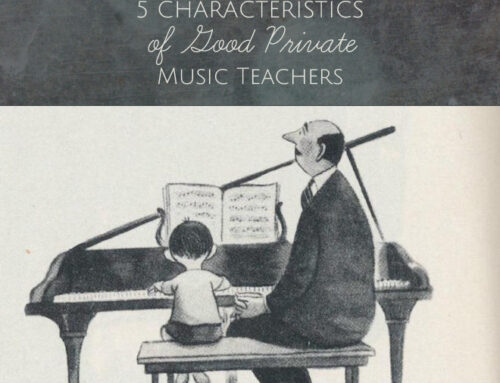It’s easy to find a list of good music schools. According to FindTheBest.com, the top ten are
But what makes a music school a top school? Are the “best” music schools in the United States necessarily good music schools for you?
How Rankings Are Done
FindTheBest.com‘s rankings are “calculated by looking at representation of
Other college ranking services calculate music school rankings using other factors. Notice how many of the areas don’t necessarily indicate the quality of music training an individual would receive.
All that to say, music school rankings can be helpful but should ultimately be rearranged for each individual. What are you looking for? How much experience do you already have?
The rest of this article attempts to provide some helpful tips for how to create personalized music school rankings. Keep in mind that the #1 school for you, where you would receive the highest quality education for what you are seeking to accomplish, could fail to appear on the lists of top colleges you’ll find through a basic internet search.
Areas to Consider When Creating Your Personalized Music School Rankings
1) Private teacher
Your private instructor has one of the largest impacts on your musical growth. Check out some of the characteristics to look for in a teacher.
It’s important that your professor be committed to teaching and willing to invest the time it takes. An excellent professor who’s always gone due to performing engagements is hardly better than no professor at all.
I had a personal recommendation for my private piano professor at Ithaca College, and that was one of the significant factors affecting its high ranking on my list.
2) Intensity
It’s easy to think that the more rigorous the music program, the better the school. But at a certain point an intense workload and breakneck pace can actually hinder your growth rather than further it.
Consider your strengths and weaknesses as a musician and select schools that will push you outside your comfort zone but not so far that you can’t keep up.
It is important to choose a school where you can do well with hard work. In many cases it will serve you better to graduate near the top of a “lower-ranked” program than near the bottom of a “higher-ranked” one.
But don’t just take the easy road. You need to balance being challenged with being able to actually succeed in your studies.
Ithaca College ranked #1 in my list partly because I knew I would be thoroughly stretched if I attended, but not crushed.
3) Social atmosphere
Many top-notch music schools are filled with a negatively competitive environment. Though constructive criticism is absolutely necessary for improvement as a musician, a demeaning attitude from faculty and fellow students can really hinder growth. Encouragement is crucial.
The highly ranked schools on your personal list should be schools that find a balance that works well with the way you learn.
When I was trying to decide where to audition, two excellent musicians actually discouraged me from attending one of the top-ranked music schools for an undergraduate degree. One had attended this school as an undergraduate and the other as a graduate. They explained that the environment is so intense and cutthroat that it can wear on you and make you unhealthily self-critical.
In my experience, my #1 school (Ithaca College) finds a good balance of high expectations and constructive criticism with a helpful, encouraging spirit among the faculty and students, at least in the piano department.
4) Academic vs. performance emphasis
Some schools will emphasize performance experience while others will focus more attention on related coursework.
It’s important to strike a good balance, but much of that depends on what you want to do. If you wish to make a living performing, you may consider a conservatory where the extra coursework is minimal and you can focus more time on your practicing and performing.
Since I want to teach privately, my goals are to improve my own playing as well as increase my knowledge of music. Ithaca College having strong theory and aural skills classes along with the high performance standards pushes it up on my list.
5) Student selectivity
A program’s acceptance rate should be part of how you evaluate music schools—but not for the reason most people include it.
Student selectivity is commonly used as a measure of a program’s intensity. For example, a program that only accepts 5% of applicants is considered much more rigorous than a program that accepts 50% of applicants. And in many cases that is true.
Technically, however, a lower acceptance rate does not necessarily mean a more rigorous program. What it does mean is that the quality of the students surrounding you will be higher, which is why I still suggest considering it. The level of musical excellence around you will have a significant impact on your music education.
6) Faculty-student ratio
Here’s one factor that some school rankings have considered. The faculty-student ratio affects how much individual attention you can receive.
A small school has the advantage of allowing faculty to invest more time into each student. If you’re someone who thrives with a lot of individualized attention, a small faculty-to-student ratio could make a big difference.
Large schools have their advantages too though. And good professors, even at larger schools, will make themselves available for students. You may just have to take the initiative. The important thing is the attention you’ll get—not the number.
So do your research and take the time to consider good music schools that might not appear on lists of the best.
Look at the information provided on a college’s website, hear from current students and alumni, and most importantly, visit yourself and try to schedule sample lessons with potential professors.
I wish you the best in your search for good music schools! What’s most important to you in a music school? Scroll down and leave a comment.






Leave A Comment